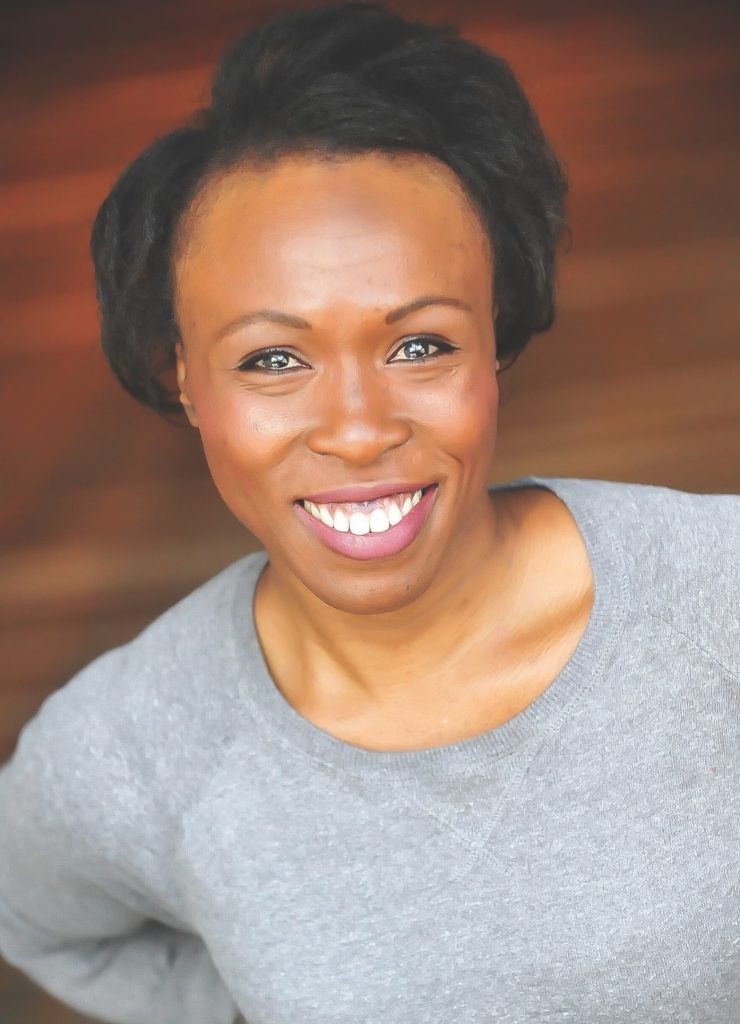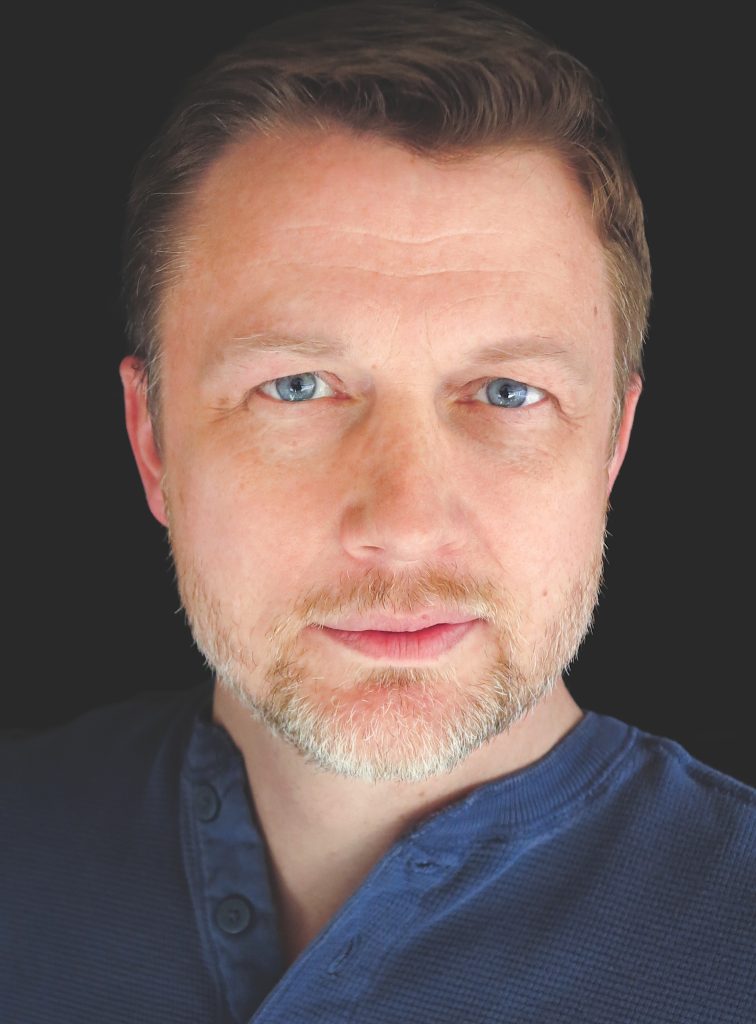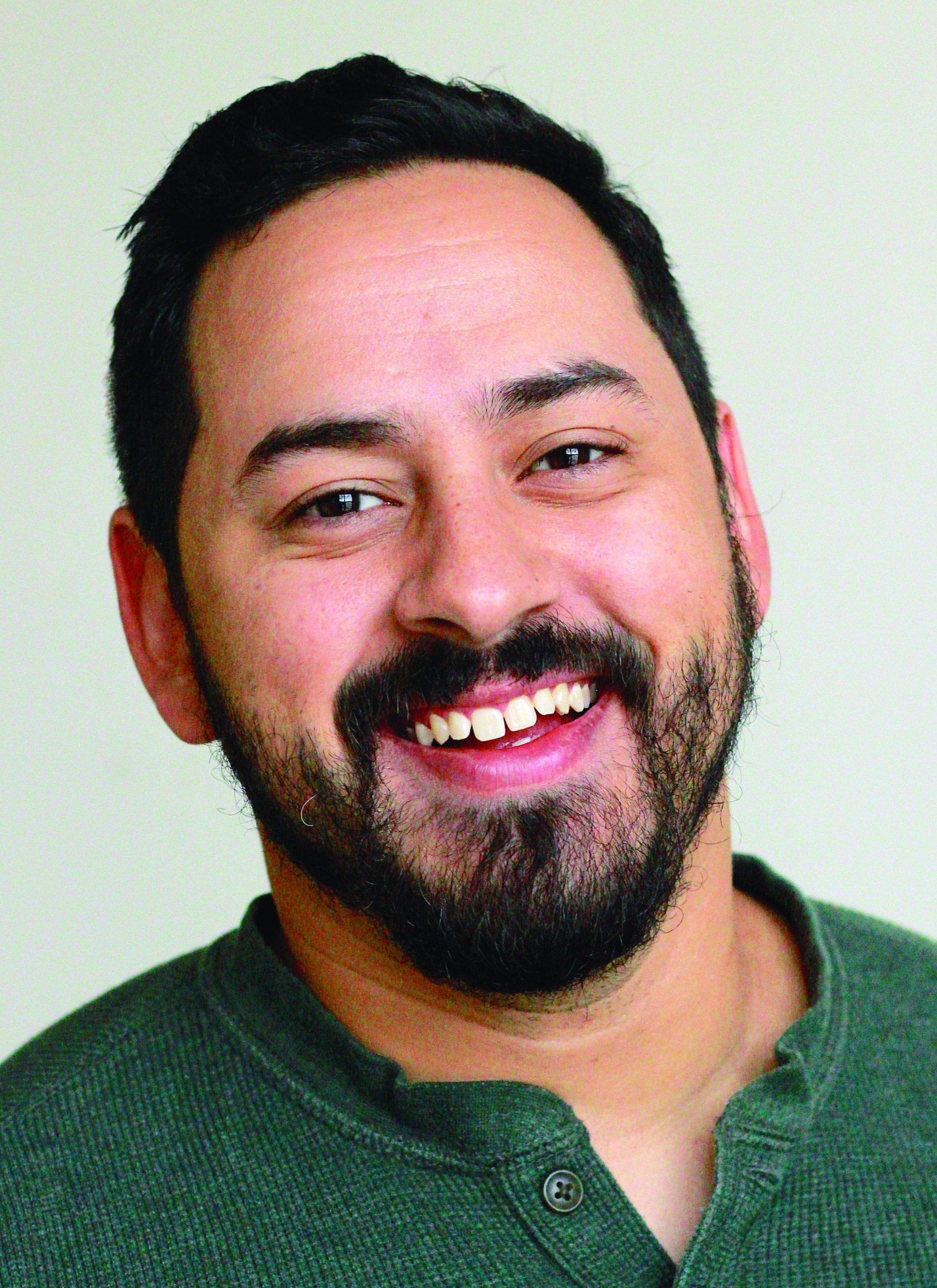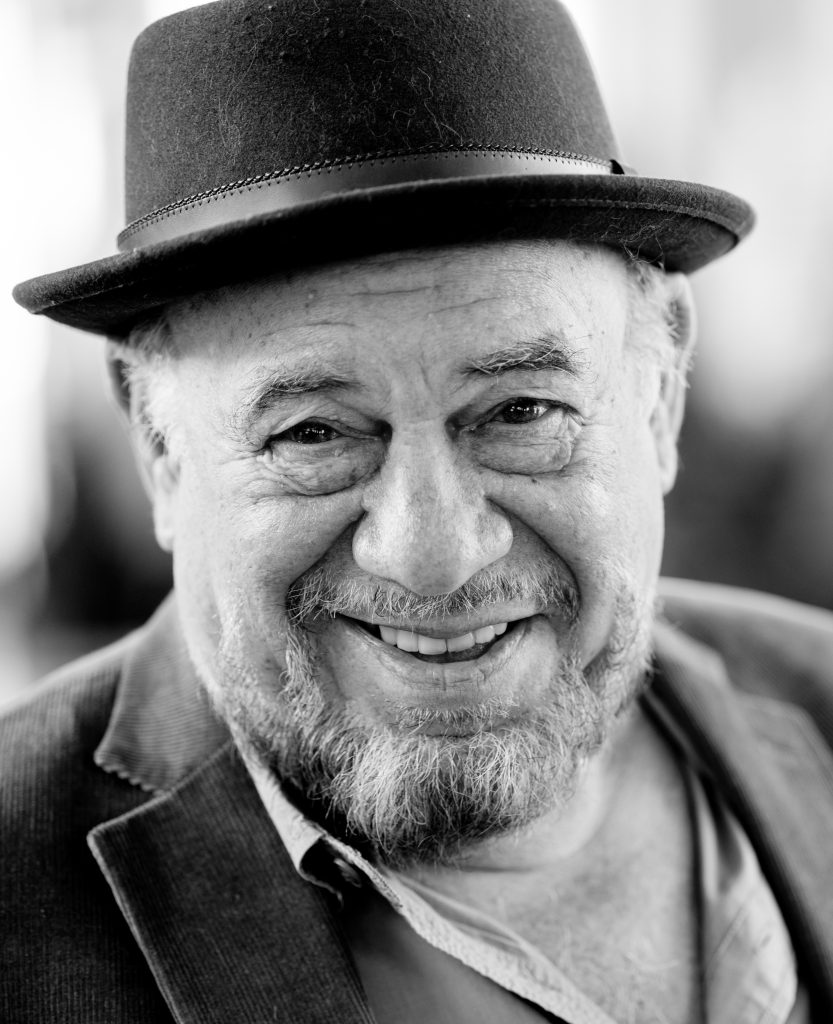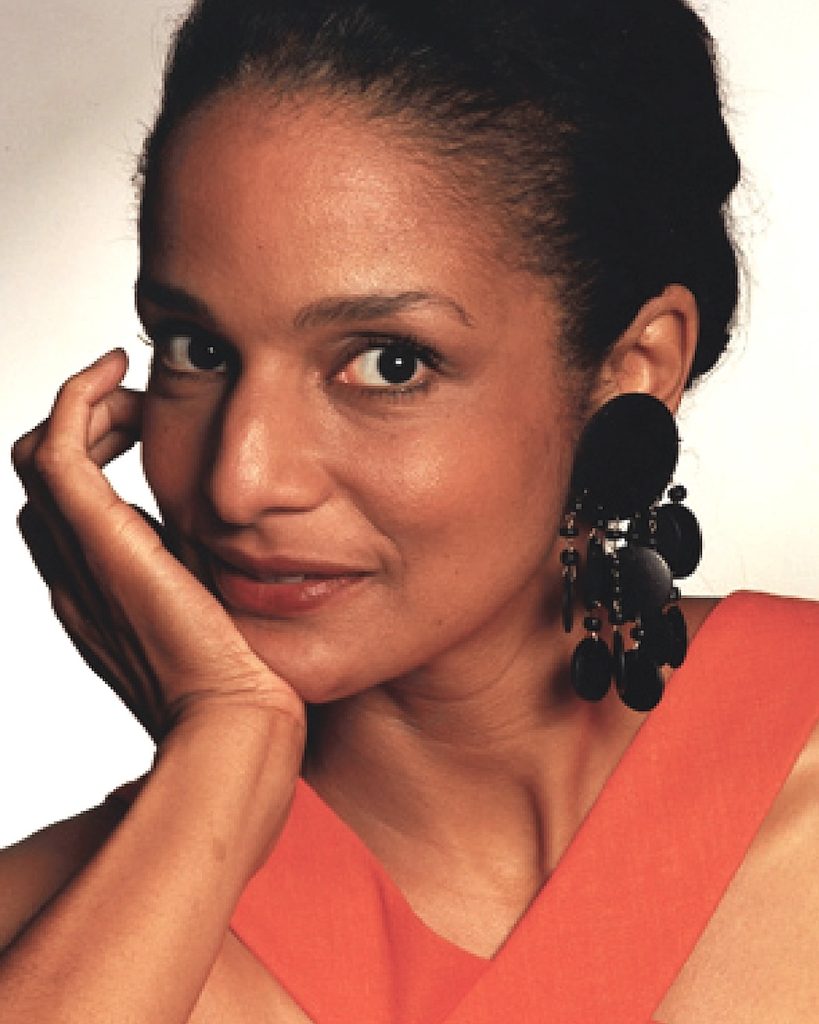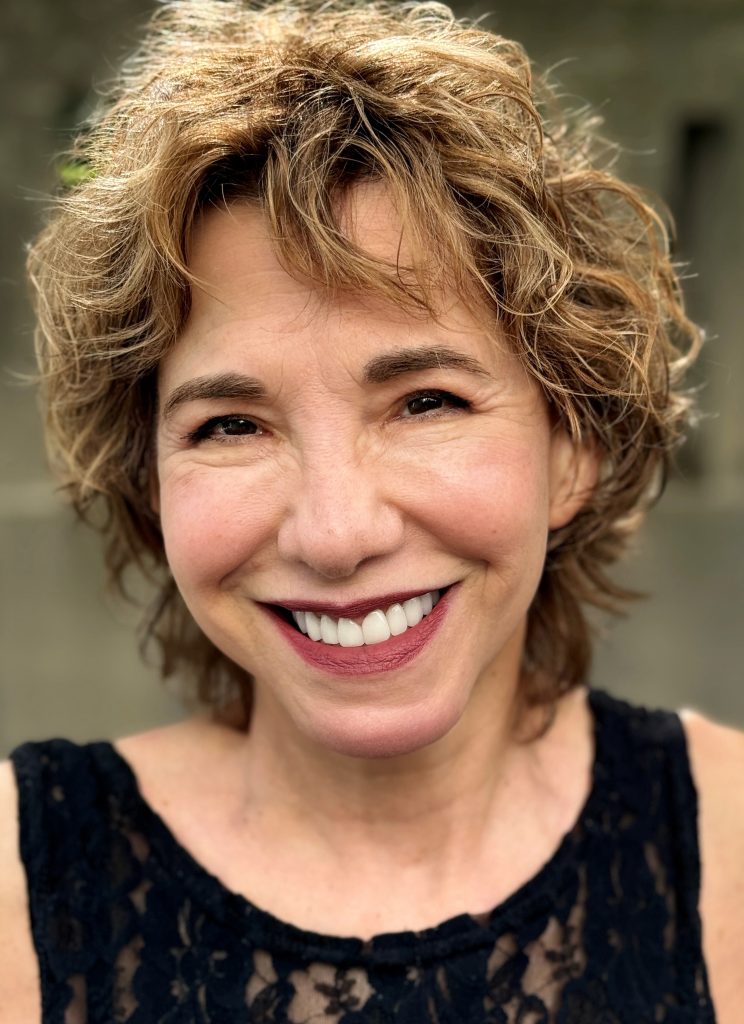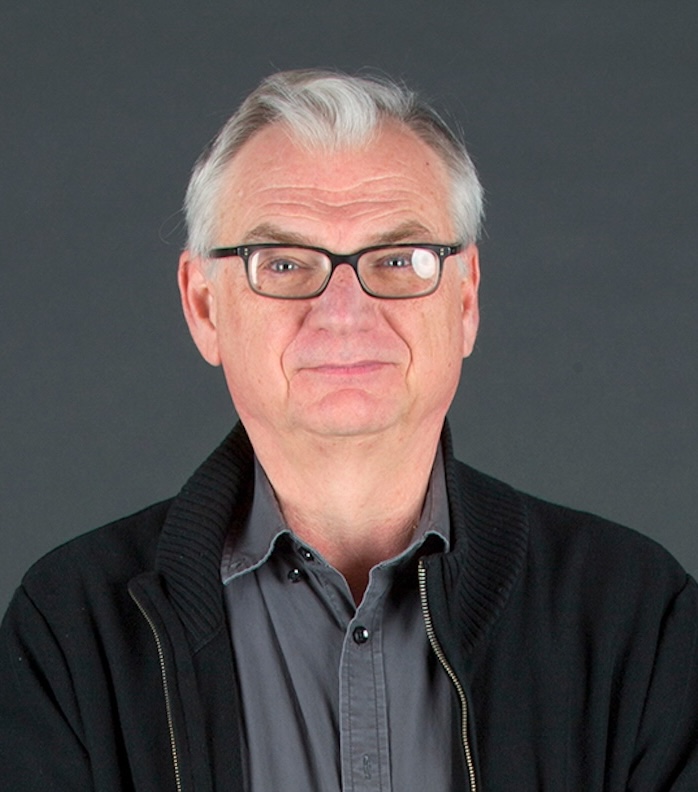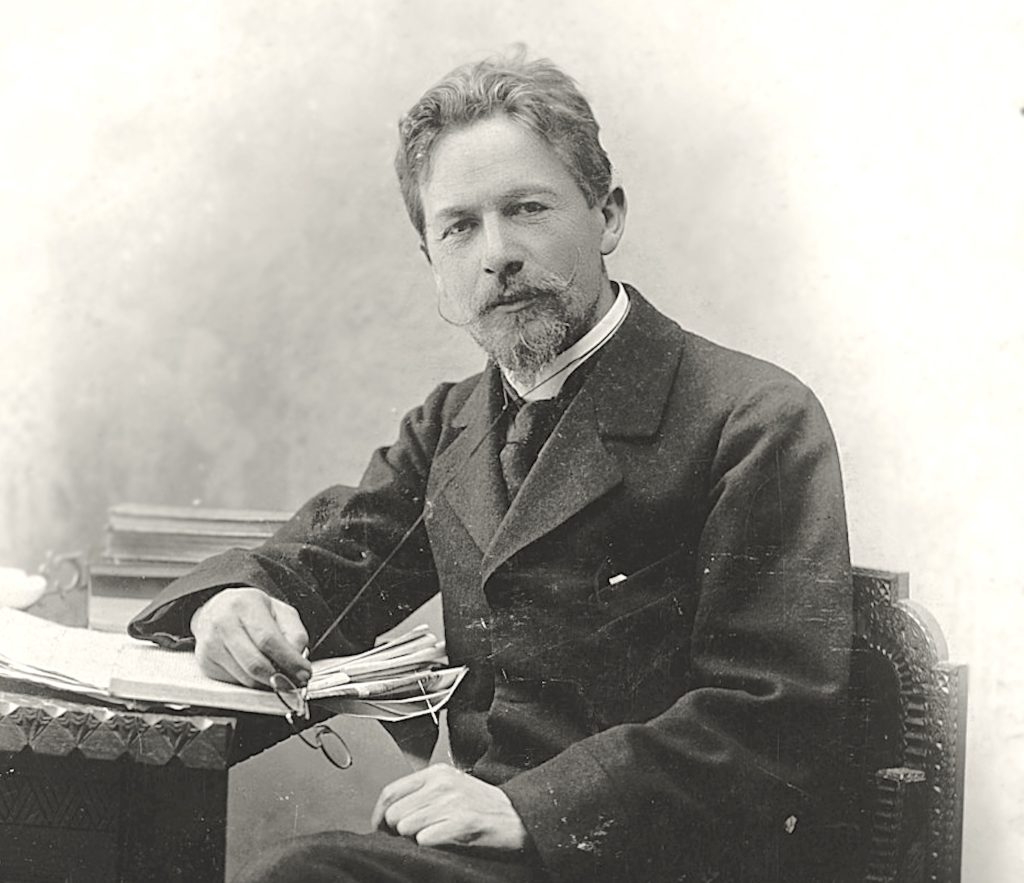If we know more about the lives of Russians under 19th-century feudalism than we do about today’s Russia, it is partly because of the insightful, profoundly human depictions by great writers of the pre-revolutionary period. The works of Gogol, Dostoyevsky, Tolstoy, and Chekhov continue to remind us that we all share common experiences with people from all times and places: greed and charity, cruelty and mercy, lust and love — and ultimately, the curative power of family ties.
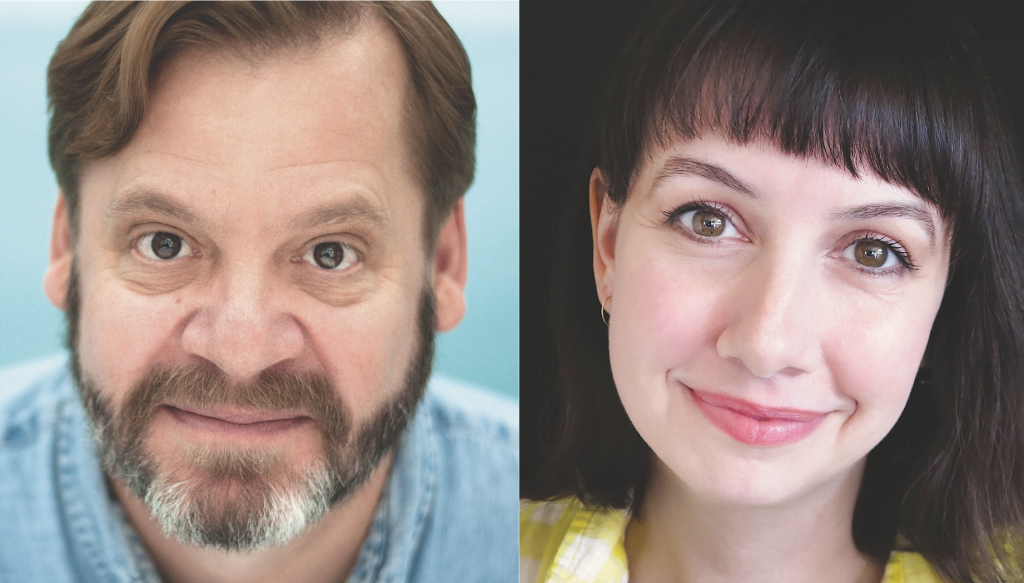
At the center of each of Anton Chekhov’s four epoch-defining plays written between 1895 and 1903 looms a tangle of conflicts, resentments, and harrowing confrontations — and in the end, a resolution that reveals the profound love behind it all. It is in this spirit that Kansas City Actors Theatre ventures into the second of these masterpieces, Uncle Vanya, which it presents this August.
It is the local premiere of a concise new adaptation by Richard Nelson — created in collaboration with veteran Russian translators Richard Pevear and Larissa Volokhonsky — that sent New York Times critic Ben Brantley sputtering for superlatives.
“I’ve attended at least a dozen versions of Uncle Vanya … performed by some of the starriest casts ever assembled in the name of Chekhov,” Ben wrote, in his 2018 review of the Hunter Theater Project performance. “But none felt as immediately personal or as emotionally coherent as this production. … as naked and fully human an Uncle Vanya as we’re likely to see.”
Actors Theatre has gathered some of Kansas City’s best talent, beginning with actor-director-producer Matt Schwader, the KCAT company member who directs. “It is an incredible translation, and a compelling production,” said Matt, who was present when the Richard Nelson version appeared in February 2018 at The Old Globe in San Diego, in advance of its New York premiere.
This Uncle Vanya appears at a time when many of us yearn for a fresh view of Russian culture, and of a people whose lives at times feel remote and mysterious. “Great art taps into that which is eternal,” said Matt, a director and teacher whose presence on Kansas City stages recently has included harrowing performances as Mark Antony (Julius Caesar) and Father Flynn (Doubt). “And when we connect to great works of art and literature and music and poetry, we feel less alone in the world.”
In this drama, “you want to feel like you are really watching somebody live these parts,” he added, reminding us that Chekhov’s plays, which in their early years were directed by “method acting” pioneer Konstantin Stanislavsky, represent the foundation of our modern approach to stage naturalism.
On its surface, Uncle Vanya is a drama about resentments and midlife regrets: Both Vanya and the doctor, Astrov, are middle-aged men wondering what their lives would have been like “if only.” (The role of Vanya has been called “the middle-aged man’s Lear” for the way that it shows a disillusioned man in the midst of existential torment.)
“That’s why we can relate to this story,” Matt said. “It’s people talking about how they think their lives could have been, or should have been, better. … And that is the human condition. The grass is always greener.”
As with many of the notoriously imperfect characters in Chekhov, many of us can feel less awful about ourselves if “we can learn to love our own foibles, learn not to regret all our mistakes, and recognize how we have perhaps used those mistakes to grow and change,” Matt said.
Anyone who has grown up around family drama, which is pretty much all of us, can relate to the Chekhovian condition. Even young Anton himself lived with pain and poverty — not to mention an early onset of tuberculosis, which would take his life at age 44.
The new translation arrives as somewhat of a revelation: It is perhaps the first created as a collaboration between linguists and a theater professional. “I made the argument that translating plays requires a different skill from translating prose,” Richard wrote in The New York Times of his initial attempts to engage the talents of Pevear and Volokhonsky, “and that the former was enhanced by a thorough knowledge of playwriting and theater,”
Like a musical score, a printed script is not actually “the play”: it is a guide for how to perform the play. Unlike a novel or a story, Richard argued, a printed play “is basically a series of notations for something else. It is not an end in itself. It is the notation for the production of the play. And so, as we worked together, I, as both a playwright and director, was always thinking toward production, imagining the questions that would be asked by actors and designers, and trying to make sure we were asking them as we translated.”
Uncle Vanya tells the tale of a family estate whose co-owner, the prominent professor and author Aleksandr Serebryakov, arrives for a visit with his beautiful young wife, Elena — and with a hidden agenda. Vanya, the brother of the professor’s late first wife, has spent the better part of his life running the estate with his niece, Sonya, and harbors considerable resentment toward his pompous, immensely successful brother-in-law.
Serebryakov’s arrival sets into motion a series of typically Chekhovian love-triangles. None of these amounts to much, but in Act III the professor drops a bombshell: He wants to sell the estate out from under everyone and buy a villa in Finland.
Vanya flies into a rage over this but eventually helps the professor realize that, because he ceded his inheritance in the estate to his late sister, Sonya is now co-owner.
This is where we begin to realize why the play is not called simply Vanya: It is not any one single character who is central to the drama, but rather a relationship. “One of the things that I love about his play is the poetry of the title,” Matt said. “Uncle Vanya immediately centers the relationship between Sonya and Vanya as the heart of the play.”
In the absence of her eminent father, Sonya was essentially raised by her uncle, “and Vanya loved his sister so much that he gave up his portion of the family inheritance to provide for Sonya.” Uncle and niece have co-managed the estate for decades, and they relate to one another on more of an equal footing than if they were parent and child.
“Because of their age difference, there is a sort of respect,” Matt said, “but because Vanya is her uncle, it puts them on a level that’s more like a friendship.”
Finding a genuinely loving relationship in this household of rancor is both wildly refreshing and essential to Chekhov’s narrative. And it is the strength of this bond that emboldens Vanya to stand up to Serebryakov.
“When the professor wants to sell the land, Vanya declares ‘How dare you do this to your daughter!?’ ” Matt said. “He defends Sonya and the land … and that is genuine love.” Moreover, he added with a laugh, “that is why we forgive him for chasing the professor with a gun.”
Recently the actors playing Vanya, Sonya, and Elena discussed Chekhov, his play, and their individual characters with us. Their comments (which to be sure were made before rehearsals began) are excerpted below.
Scott Cordes (Vanya):
I see a lot of the “everyman” in Chekhov. Even though, yes, they are sitting around talking while the peasants do the work. But the things they talk about are things that everybody deals with. …
Vanya is dealing with problems that fall upon someone his age, which as it happens is my age. But he takes care of business, he does what he said he was going to do. He doesn’t let anybody down, he keeps an eye on Sonya (as he had on her late mother), and he’s actually lived a good life, in that he didn’t upset the apple cart, he didn’t want to cause problems. Which is better than being a jerk!
The family has a place to stay, they have employment, they have purpose. The character I’m going to try to develop has a few more calluses on his hands than perhaps most people’s Vanya. He does hard work. … I’d like to bring a bit more earthiness to him, with calluses to show the life that he has led.
Hillary Clemens (Sonya):
It’s in Sonya’s nature to work. She sees the tasks that need to be done and puts herself into them. She’s also a loving person: She loves her uncle, her grandma, her nanny, and the estate that she works. Maybe she didn’t have her Mom there to teach her all of these things … but she’s figured it out and she’s plain-spoken and she’s direct.
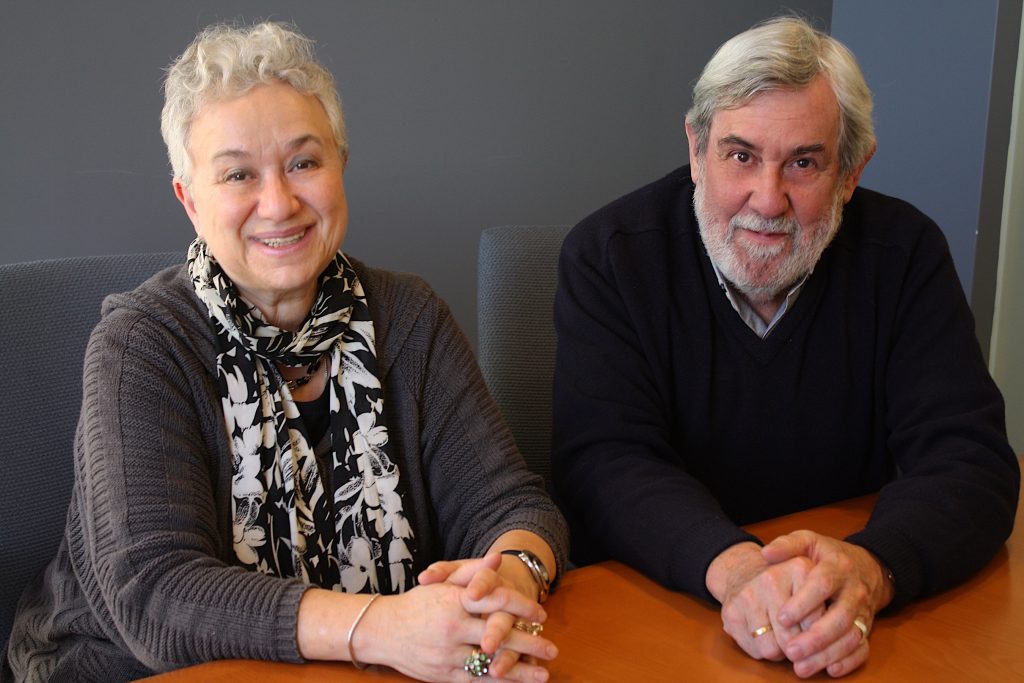
She is a kind person. I love that she is mad at Elena and jealous of her but is also fascinated by her. She loves her and sees the beauty in her.
The fact that she has this aching love for Astrov is frustrating for her, and sort of unmooring. … We’ve all been there, we’ve all had that all-consuming crush on somebody, where we are completely lost to it and it makes us do things that we would never do, and say things we would never say. And when we have a crush … we see in our imaginations the best of version of the person.
Chioma Anyanwu (Elena):
Chekhov is like watching a slice of someone’s life. … You’re a fly on the wall … but it’s not necessarily some kind of outstanding or awesome event happening. It’s a slice: It is very much like peeking into someone’s window for a few days.
There is something in this play for everyone — things that everyone has experienced. If you ever feel like something does not relate to you or is irrelevant to you, just sit with it for a minute, and try to make correlations with your life.
Even minute things, like wanting someone who didn’t want you … or taking a path in life that turned out not to be what you expected. … Believing that you couldn’t love any more and then running into someone who changes that. Choices that you’ve made that you wish you could take back.
There are so many small things that might be hard to see at first … but we’ve all experienced them, in one way or another. So sit with it and try to draw parallels to your own life.
Uncle Vanya stars Scott Cordes (Vanya), Hillary Clemens (Sonya), Chioma Anyanwu (Elena), Jerry Mañan (Astrov), Victor Raider-Wexler (Serebryakov), Nedra Dixon (Marya), and Sarilee Kahn (Marina).
It runs from August 6th through the 24th at City Stage Theatre at Union Station. For tickets, call 816-361-5228 or go to kcactors.org. To reach Paul Horsley, performing arts editor, send an email to paul@kcindependent.com or find him on Facebook (paul.horsley.501) or X/Instagram (@phorsleycritic).
